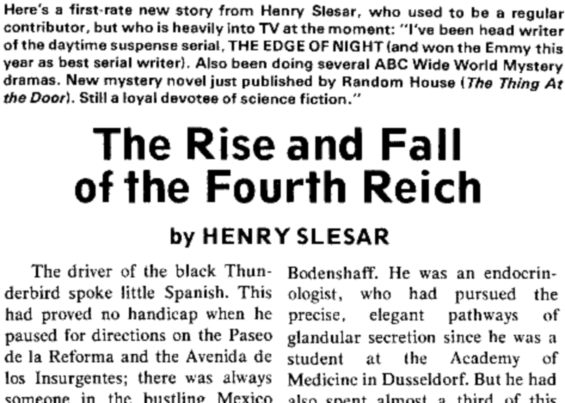

 The SFFaudio Podcast #214 – The Shadow Over Innsmouth by H.P. Lovecraft; read by the fabulous Mike Bennett. This is a complete and unabridged reading of the novella (3 hours 2 minutes) followed by a discussion of it. Participants in the discussion include Jesse, Julie Hoverson, and Mr. Jim Moon.
The SFFaudio Podcast #214 – The Shadow Over Innsmouth by H.P. Lovecraft; read by the fabulous Mike Bennett. This is a complete and unabridged reading of the novella (3 hours 2 minutes) followed by a discussion of it. Participants in the discussion include Jesse, Julie Hoverson, and Mr. Jim Moon.
Talked about on today’s show:
My only holy book, Deities & Demigods, Deep Ones, Dagon, serving the will of Cthulhu, “they can only be killed by violent death”, why are they evil, seafood, miscegenation, the war on alcohol, they like to drink and wear jewelry, are there Deep Ones in Guantanamo Bay?, only crackers and soup, Innsmouth, Massachusetts, Captain Obed Marsh, persuaded to breed with a deep one, immortality, 19th century, “festering quietly”, “a nice family reunion”, why is The Shadow Over Innsmouth so cherished?, Call Of Cthulhu The Dark Places Of The Earth, a Skyrim mission, Dagon and Mother Hydra, Dagon, New England Tahitians, Walter Gilman in The Dreams In The Witch House, The Thing On The Doorstep, Doctor Who’s The Sea Devil is The Shadow Over Innsmouth with less schtupping, The Silurians, can’t go wrong with a good sea monster, The Creature From The Black Lagoon, Julie’s adaptation will have more sex!, Alan Moore’s Neonomicon, g-men, an Esoteric Order Of Dagon style-cult, a traumatic read, the end, the film of Dagon (set in Spain), Stuart Gordon, Castle Freak is one of the best dramatic Full Moon films, the Masters Of Horror adaptation of The Dreams In The Witch House, The H.P. Lovecraft Historical Society adaptation (Dark Adventure Radio Theatre), the framing story, The Statement Of Randolph Carter, who is our protagonist confessing to?, Double Indemnity, heredity and atavism, 1920s, 1930s, Zadok Allen, Julie’s adaptation of The Rats In The Walls, The Picture In The House, female characters in Lovecraft, Cool Air, Lovecraft cares about words, House Of The Dead, the San Juan Islands, the naming of islands, Lovecraft crafts with love, August Derleth!, “the full gibbous moon”?, racism, the “Gilman Inn” is a pun, The Whisperer In Darkness, he’s there for the architecture, “reluctant fascination”, that old uncle who smells weird, The Shuttered Room by August Derleth, the worst fanfic writer ever, posthumous collaboration, Fishhead by Irvin S. Cobb, The Harbor-Master by Robert W. Chambers, an inbred wild-man, local rednecks, “a bit too close to the sea”, an economic depression, isn’t it a good deal?, arranged marriages, what’s with the Innsmouth Chamber Of Commerce?, in the Octopus’ garden, Brown Monkey, Dick Dynamo: The Fifth Dimensional Man, meta, 118 Migration, Afterlives (a Bangsian fantasy), the golden era of internet audio drama, a new idea, Hypnobobs, classics vs. moderns, old books have vocabulary, Jack London, MTV saturated audiences?, Goodreads reviews of Dracula, Fifty Shades Of Grey, atheist vicars?, the stress on the importance of reading may breed bad books, teachers pick books with big social value, Little Dorrit by Charles Dickens, A Christmas Carol, turning kids off literature, Wilkie Collins, The Moonstone, using Robinson Crusoe as a guide to life, police procedural, obstreperous, The Murders At The Rue Morgue by Edgar Allan Poe, the audiobook of The Moonstone.
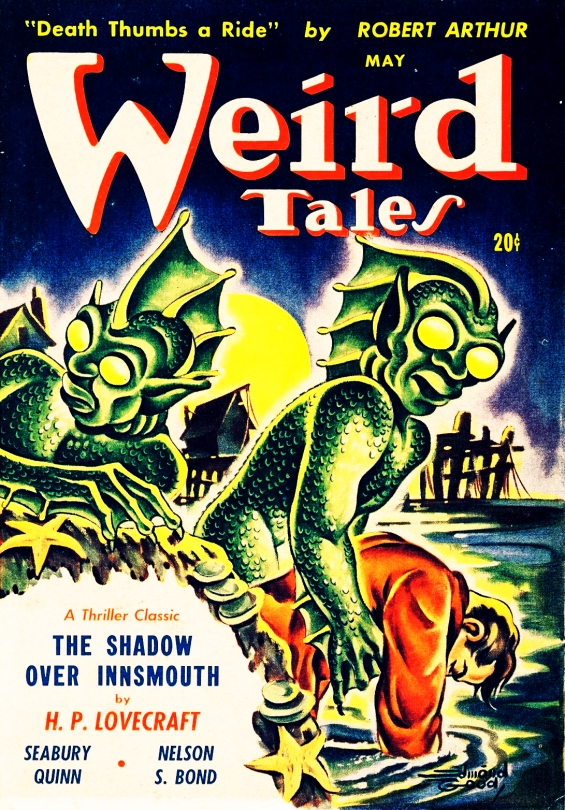
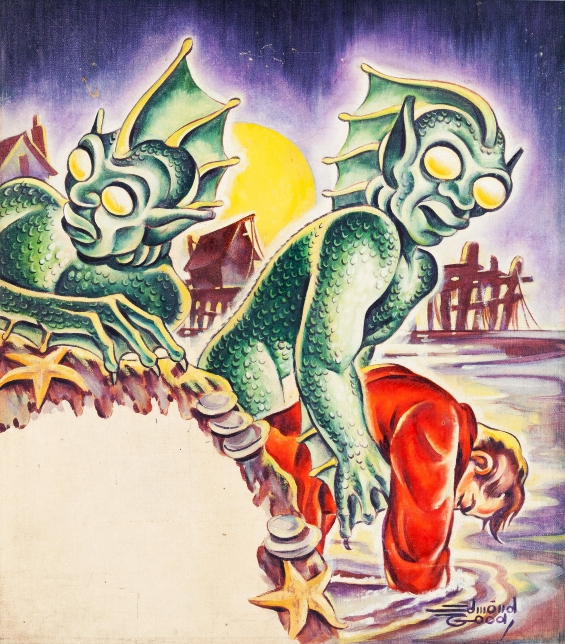
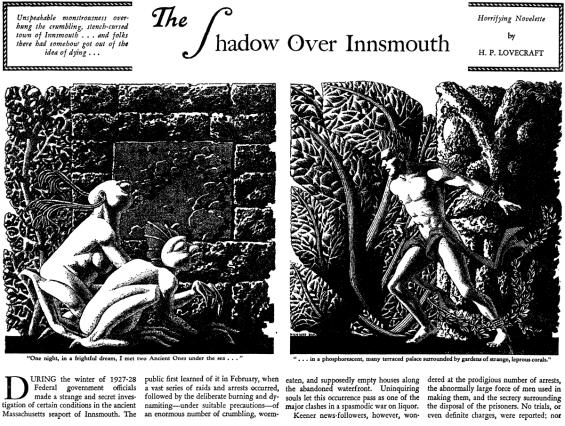

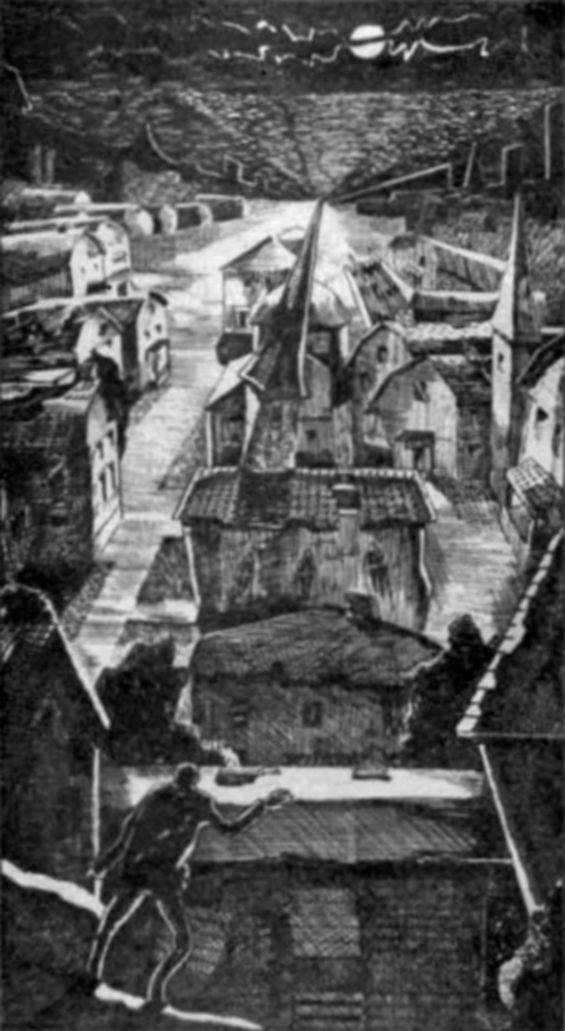
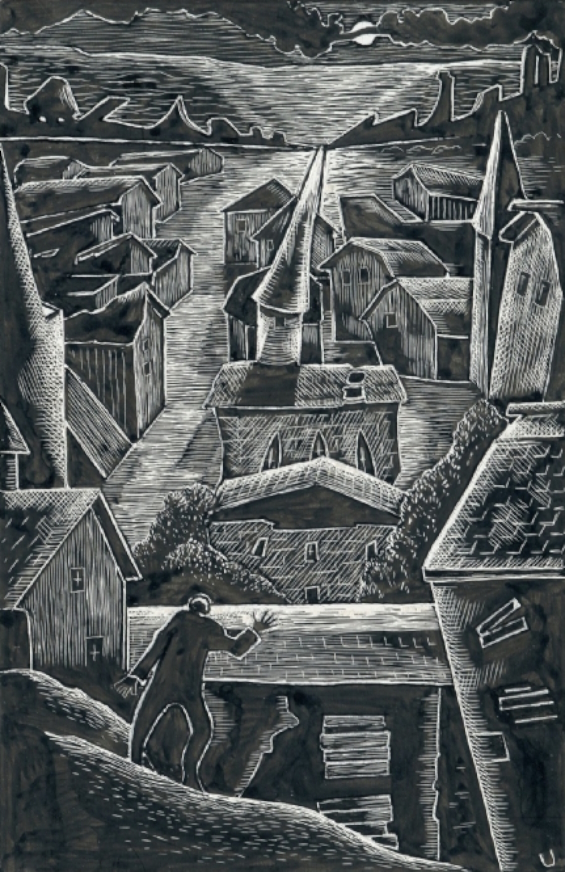
![]()

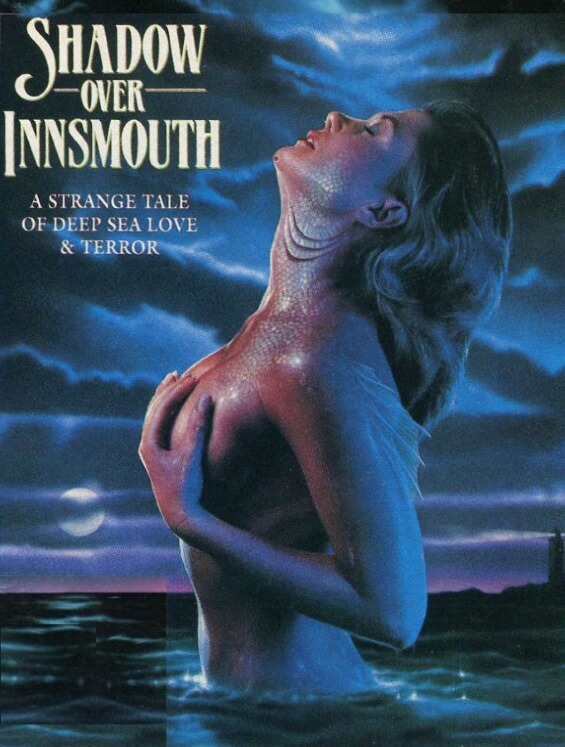
Posted by Jesse Willis


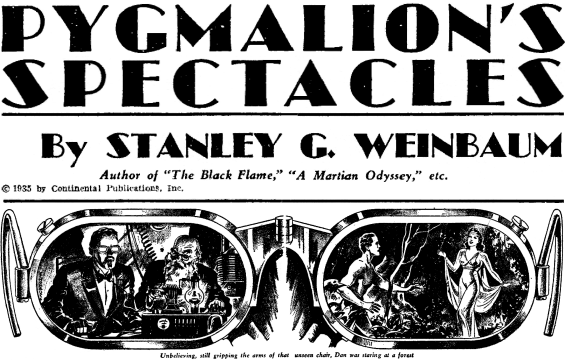
 Pygmalion’s Spectacles
Pygmalion’s Spectacles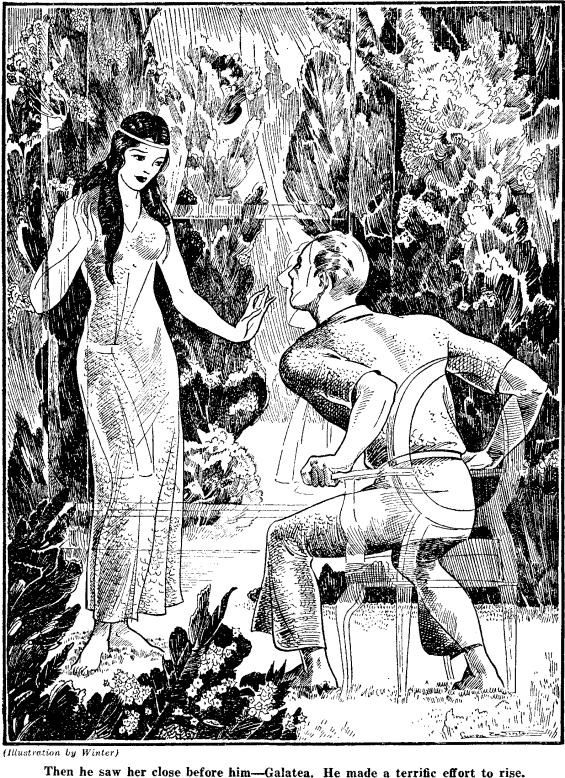
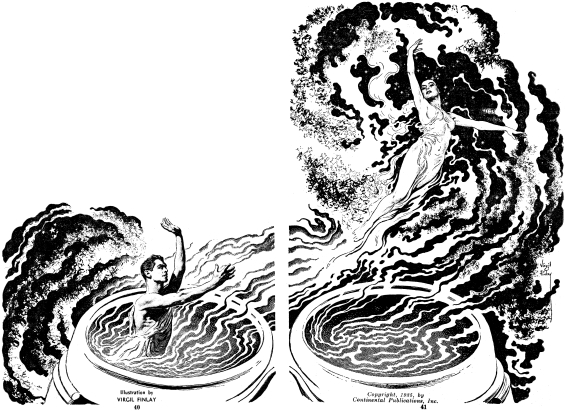


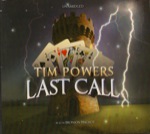

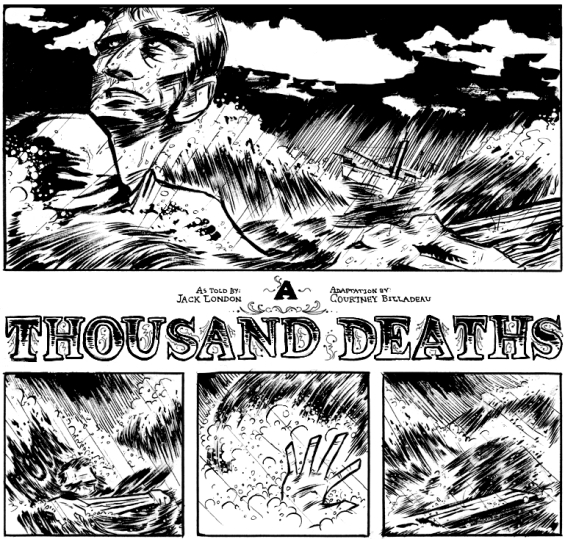

 CBSRMT #0275 – The Rise And Fall Of The Fourth Reich
CBSRMT #0275 – The Rise And Fall Of The Fourth Reich